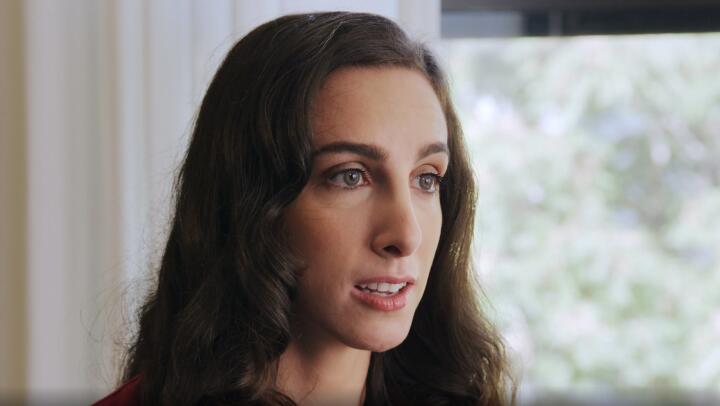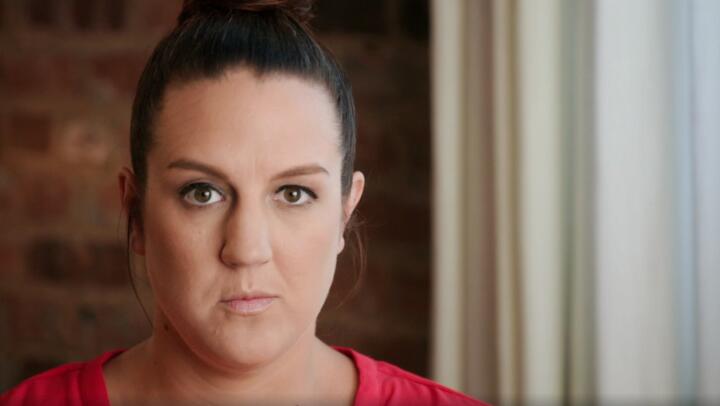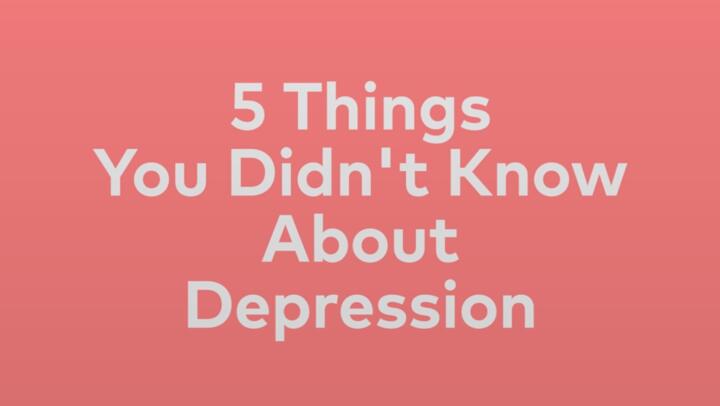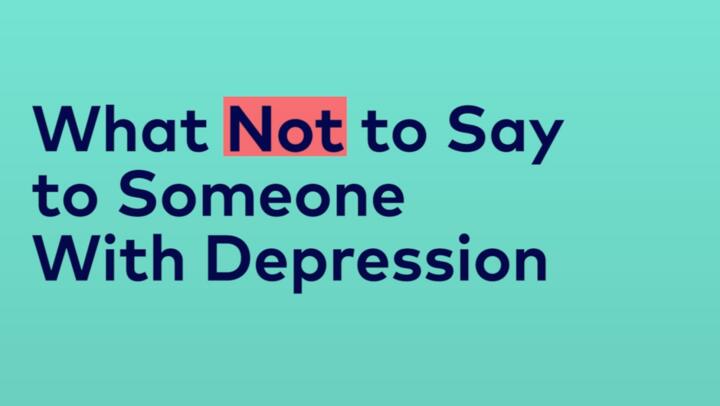
Treating depression isn't a one-size-fits-all prescription. You may be treating your depression with antidepressant medication or talk therapy, called psychotherapy, or both. Finding the right treatment for you takes time. And, you might have to try a few different treatments to find the best fit. In fact, only about half of those with major depression respond to their first treatment.
What can you do? Learn the signs that your treatment isn't working. If you experience any of these signs, talk to your doctor as soon as possible. Together, you can find the treatment that works best for you.
Antidepressants take time to work. Just three of every five people get complete relief from the first medication they try. Doctors call antidepressant treatment that hasn't worked within six weeks treatment-resistant depression. If you have this, you may need to switch to another antidepressant or take an additional medication.
It's important to let your doctor know if you're not feeling better. It's also important to not stop taking your current antidepressant on your own. Discontinuing antidepressants abruptly can cause an uncomfortable withdrawal reaction. Withdrawal symptoms can include headache, dizziness, nausea and anxiety.
If your doctor diagnosed you with a mild or moderate form of depression, you may be using psychotherapy (talk therapy) only.
Psychotherapy takes time to work. But if you are not feeling better after a certain amount of sessions, you may have a more severe type of depression. Not feeling better could include having symptoms that interfere with your ability to sleep, eat, work and enjoy life. Studies show that an antidepressant plus psychotherapy works better than psychotherapy alone for severe depression.
Even if your antidepressant is working well to manage your depression, the side effects might be too much to handle. Side effects can include nausea, vomiting, diarrhea, sleepiness, weight gain and sexual problems.
Many side effects decrease over time. But if side effects continue to be a problem, let your doctor know. There are medications that can control side effects. Or, you may need to switch to a different antidepressant. Whatever you do, though, don't stop taking your medication on your own. Talk to your doctor.
Different types of depression have different symptoms and need different treatment. For instance, psychotic depression causes you to have false beliefs or to see, feel or hear things that aren't real. This type of depression often needs more aggressive treatment than antidepressants alone.
Many people have a mix of depression and anxiety. The two conditions are not the same. Anxiety may require different treatment.
Other disorders that can exist along with depression include substance abuse, post-traumatic stress disorder, chronic pain, heart disease, and cancer. When these conditions are successfully treated, your depression treatment will likely work better.
Bipolar disorder is a mental health condition often confused with depression. Someone with bipolar disorder has alternating periods of depression and mania. Mania is a mental state of high mood and excitement.
If you're being treated for depression and start to feel high and excitable, you may have bipolar disorder, not depression. People with bipolar disorder who take an antidepressant often cycle into a period of mania. Bipolar disorder needs a different treatment.
Depression treatment takes time, and often the first attempt at treatment doesn't work well enough.
You may need to change or add treatments as you go through therapy.
If you see signs that you're not getting better or still have symptoms, tell your doctor. However, never stop treatment on your own.
















